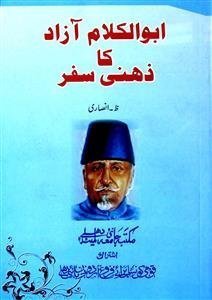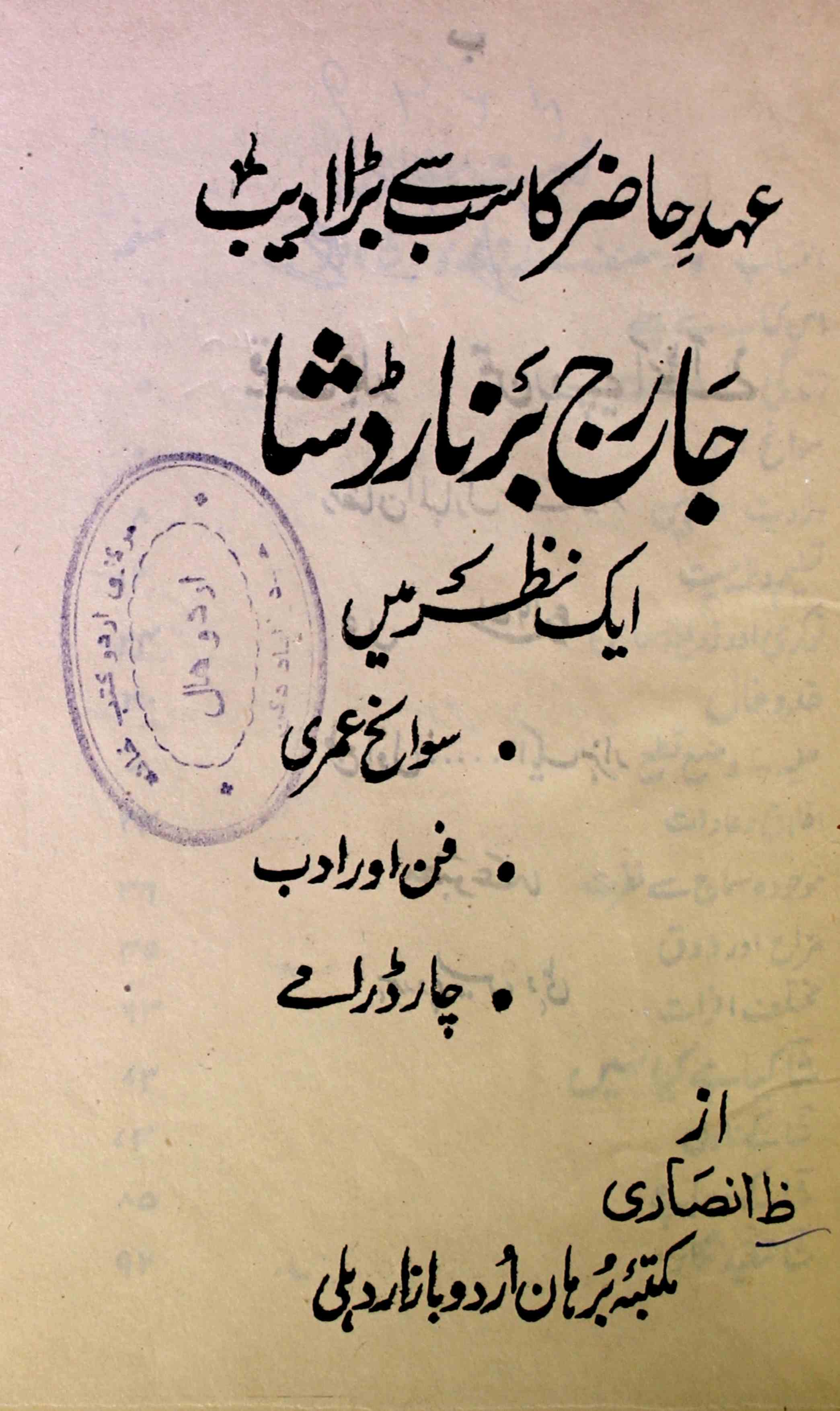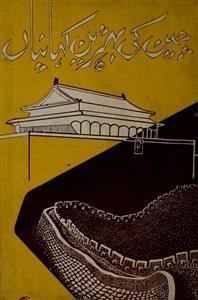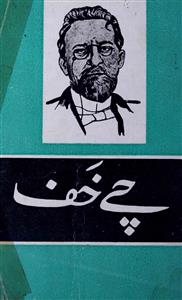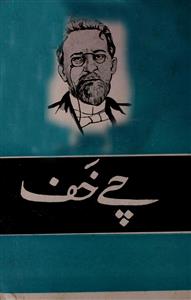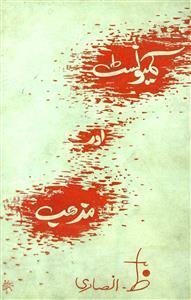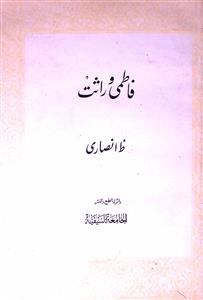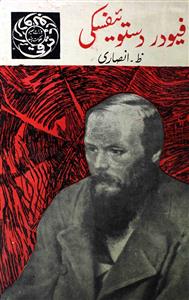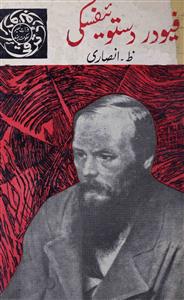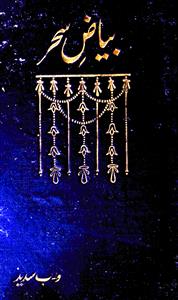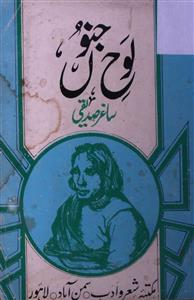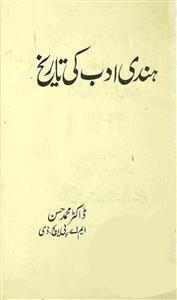 For any query/comment related to this ebook, please contact us at haidar.ali@rekhta.org
For any query/comment related to this ebook, please contact us at haidar.ali@rekhta.org
About The Author
Zoe Ansari's real name was Zal Hasnain Naqvi. He was born on February 6, 1925 in Saharanpur, Uttar Pradesh and came from a religious family, and thus, at his home religious education was the norm. After home education, Ansari took admission in the Masbia College, Meerut. Here they also gained access to Arabic and Persian languages. He as attached to Urdu from the very beginning, but continued to consider his education incomplete, so he turned his attention to English After matriculation, there were no conditions for him to study comfortably, so he started working in newspapers. When he came to Delhi, he became a associated with the daily newspaper ‘Ansari Nama’. Marxism was gaining momentum. A weekly newspaper of the time, "Qaumi Jang", edited by Syed Sibt Hassan, was a Communist Party newspaper. When Sibte Hassan went to the United States in 1946, Z. Ansari joined the editorial board. Then, the Freedom Movement of India picked up, in which the Communist Party was also heavily involved. The condition of the progressives at that time was not such that if they went to jail, their children could be taken care of. Therefore, Z. Ansari was released from jail after reconciliation with the government, but his party was unhappy with his action. Then he turned to journalism and joined the daily Inqilab in Bombay. Along with Meera Ji, Akhtar-ul-Iman and Madhu Sudan they published a literary magazine "Khayal". It is said that Z. Ansari used to say poetry but he was stopped by his brother. He also wrote comic columns during the revolution, which were well received. As he also realized that his education still had some gaps, so he continued to increase his academic ability on his own. Especially focused on English and wrote a remarkable book on Bernard Shaw.
He was also associated with the administration of "Shahrah" after the partition of the country. Once upon a time, Yousuf Dehlavi gave Ansari the responsibility of editing the weekly magazine "Aaina" which became famous all over India in a short time, but unfortunately the magazine was stopped because of financially constraints. Ansari’s financial condition was not too good as well. Now he was invited by Moscow to work at the translation center. Z Ansari mastered the Russian language. He translated several books. Compiled Urdu Russian Dictionary. Everything he did in Moscow is very important in terms of quality. He also received his doctorate there. He then started teaching Russian at Bombay University. He did research work on Maulana Azad, Ghalib, Mir, Khusrow, Iqbal and Anis.
The above description suggests that Ansari was simultaneously a translator, lexicographer, researcher, journalist, and to some extent a literary critic. He was also a great speaker. His speech was very influential which saw is popularity grow immensely. Considering the details of his speech, it may come as a surprise that he translated 38 books into English, Persian and Russian into Urdu. He also published selected works of Karl Marx in Urdu and English. He also translated novels by Dostoevsky, Chekhov, and Pushkin. Also, translated modern Russian poetry into Urdu.
He also brought to fore Ghalib's Persian Masnavi in Urdu. Compiled Masnavi of Amir Khosrow. He compiled two collections of Ghalib and Amir Khosrow in Russian. He also translated a selection of Russian stories into Urdu. Other books that have come to light are important, such as "Masnavi Ka Safarnama", "Kant Ki Zaban", "Kahi An-kahi", "Kitab Shinasi", "Iqbal Ki Talash", " Ghalib Shinasi ", "Communism Aur Mazhab", "Waraq-Waraq" etc. He published a collection of literary and critical essays entitled “Zaban-o-Bayan”. He was married twice, firstly with a Muslim woman with whom he had one child, and second with a Hindu woman.
Ansari was a sensitive and informed man. There was sobriety in their conversation too. He used to feel tenderness while visiting shrines and imams, which has also been observed by Raqim al-Huroof. But in his last years, Ansari became ill and his illness lasted a long time. He died on January 31, 1991 in Bombay. But his memories and his works are enough to keep him alive forever.
 For any query/comment related to this ebook, please contact us at haidar.ali@rekhta.org
For any query/comment related to this ebook, please contact us at haidar.ali@rekhta.org

